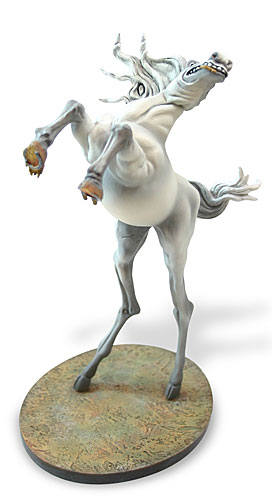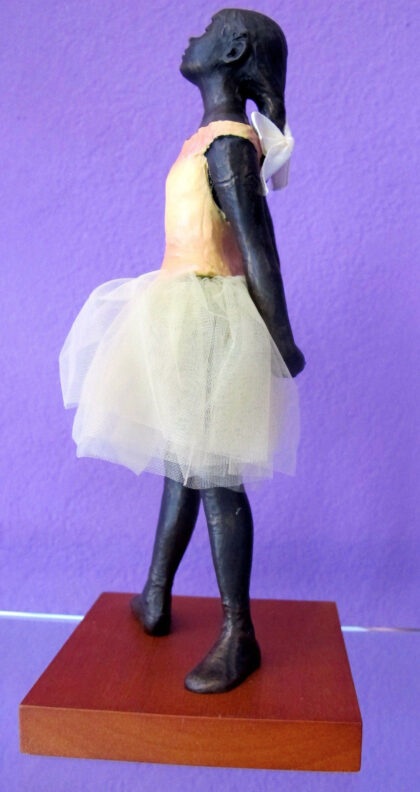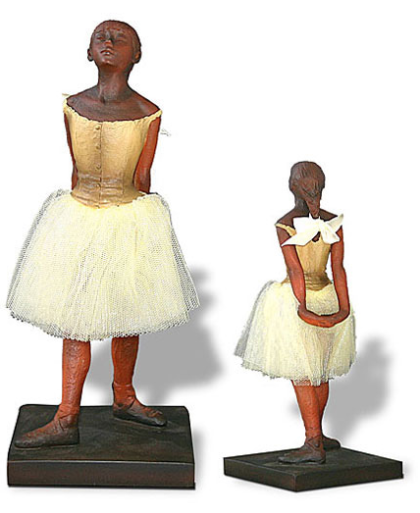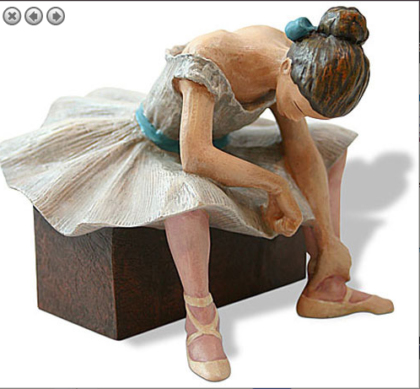This is a sculpture entitled “Horse” From The Temptation Of Saint Anthony (1946) by Salvador Dali.
This is a highly collectible, quality, resin sculpture with hand-painted color details, matte and glossy finish.
Guaranteed fully authentic and authorized Dali piece! Absolute Mint Condition, comes new in box!
Measures 8 in. x 4.5 in. x 2.5 in. Comes with a full color card with an image of the original Dali artwork and a description card about Dali and artwork. Both cards are in four languages.
This sculpture is amazing! When the public visits a museum, they repeatedly visit the same artworks to look at them from a different perspective. This fantastic sculpture offers art lovers the ability to “view” their favorite artwork in their own home, from an entirely different perspective, and in a different dimension: 3D! Have you ever wondered what the artwork looked like from behind the painting? Or from the side? To remind you of your museum experience, each figurine comes with a color card of the original painting, information about the painter and a description of the specific figurine reproduced.
After the Second World War, Dali converted, by his own account, to mysticism. The beginning of the Atomic Era strongly influenced his thinking and led to a strong spiritual foundation for his paintings which he made with a great appreciation for the classic art of painting. The temptation of Saint Anthony originated from an entry for a film poster competition. It shows Dali’s nuclear mysticism in all its fierceness. A naked Antonius wards off an frightening mounting horse with a sword, which, standing on legs as thin as gossamer, defies the laws of gravity. The Saint tries not to be seduced by the earthly temptations, symbolized by the horse as a symbol of power, followed by almost floating elephants which carry on their backs symbols of lust and greed. Here Dali dovetails with a classical painter’s theme, which before was used by the painters Bosch and Breugel, Dali’s surrealistic predecessors. Dali, though, let the frightful temptations act in an alienating world between heaven and earth. However, this “levitation” will later reappear frequently as a theme in his work.




Reviews
There are no reviews yet.